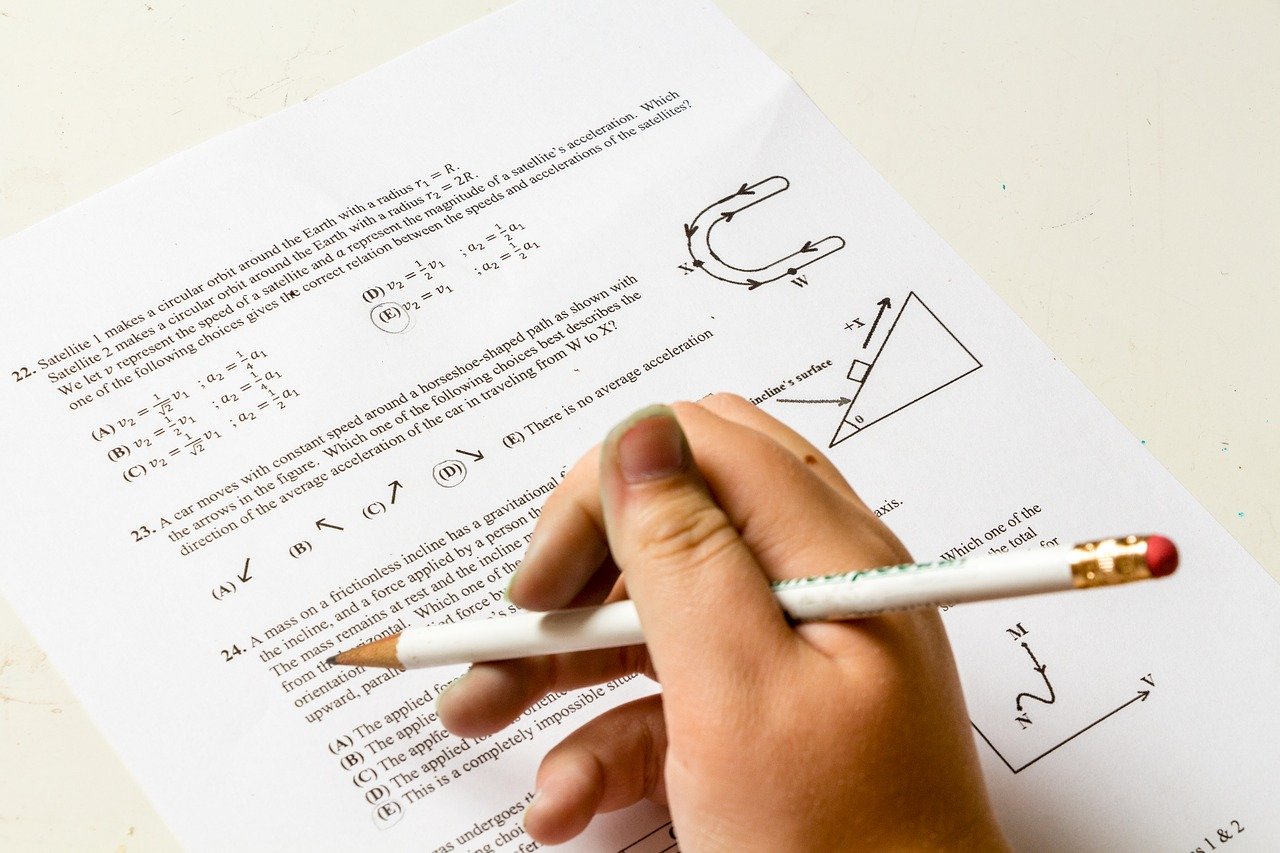A Student’s Guide to Studying and Test Preparation
Ready to find the perfect college degree?
Best Degree Programs is an advertising-supported site. Featured or trusted partner programs and all school search, finder, or match results are for schools that compensate us. This compensation does not influence our school rankings, resource guides, or other editorially-independent information published on this site.

Brenda Rufener
Author
Julie McCaulley
Expert
Carrie Sealey-Morris
Editor-in-Chief
Ready to find the perfect college degree?
Best Degree Programs is an advertising-supported site. Featured or trusted partner programs and all school search, finder, or match results are for schools that compensate us. This compensation does not influence our school rankings, resource guides, or other editorially-independent information published on this site.